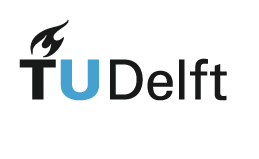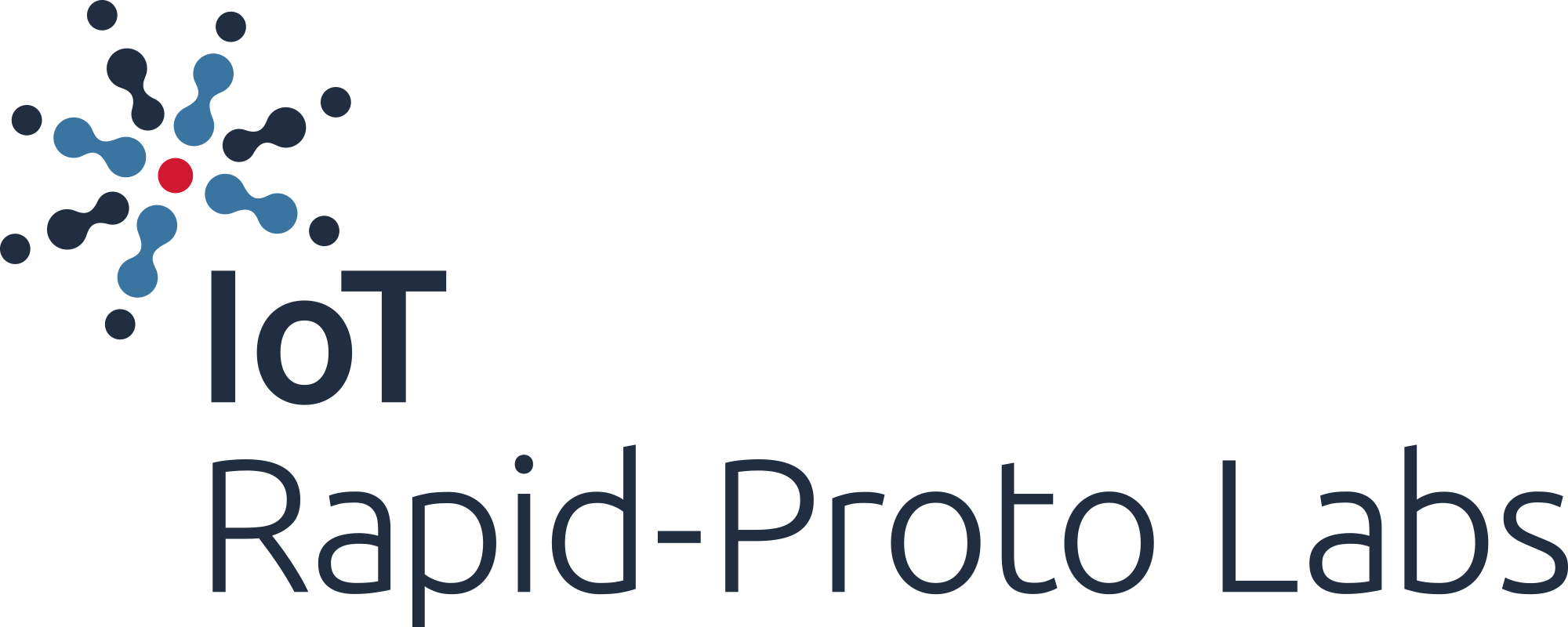In the third module, you will further expand the complexity of your connected lighting system by adding sensing to the prototype, through light, temperature, and humidity sensors. This will make its behaviour contextual!
After this module, you should be able to:
Explain the concepts of sensors, time series, events and data processing.
Analyse time series data generated from sensors.
Collect data from sensors connected to a Raspberry Pi and trigger events.
Evaluate the quality of time series data and motivate alternative sensing options
Collaborate with your team members around code development with Git and GitHub.
Self-Study Material
In this module, the self-study material focuses on sensors and the data they generate in the form of time-series. We will explore the most common sensors with their challenges and opportunities. We will introduce the concept of events as data point inputs are ingested by the system and trigger actions. Finally, we will distinguish between different options of data processing.
Assignment
In this assignment, you will wire three sensors to your Raspberry Pi, to sense light, motion and temperature. You will write code to collect this data, visualise it and trigger actions based on basic data processing.
Programming Environment: Raspberry Pi
Design: Class and Objects
Code Management: GPIO library
Lab Xp
From assignment 2 and 3, we have now developed the code that gets data from sensors, and also controls the light bulb. In this lab experiment, we will use code refactoring, data cleaning and services to make our program easier to maintain. We will see how to control the lightbulb from the raw sensor data as well as higher-level events.
Live Session
In this session, we will write some Python code to collect data from sensors. As usual, we will keep a significant room for your questions.
Coaching Session
This will be the second group session with your coach. You will receive feedback about what you reported on your GitHub repository.
Snippet of code for this module



The European Commission's support for the production of this publication does not constitute an endorsement of the contents, which reflect the views only of the authors, and the Commission cannot be held responsible for any use which may be made of the information contained therein.